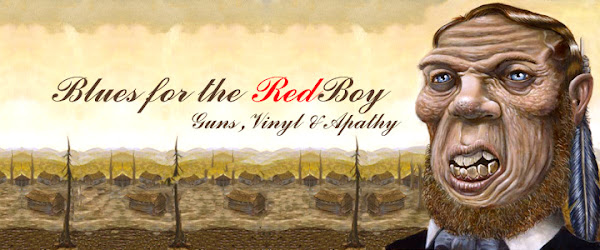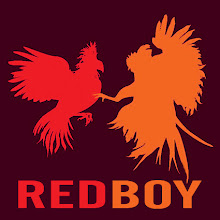
That might seem like a pretty tall order, but when that admonition comes from the likes of one Sly Stone, it can't be too far off the mark.
As far as 'Hard Times' sob stories go, this 69' carbon chunk of funk is more 'Coal Miner's Daughter' (Err..Son) than the typical Metropolitan jag - even if they do share a certain antecedent in the guise of 'Momma's Cornbread'.
"Jim Ford was an American singer-songwriter originally from Johnson County, Kentucky. After living in New Orleans, Ford moved to Los Angeles, and finally settled in Fort Bragg, CA. His music is a mixture of soul, country and folk. His songs have been recorded by numerous artists, including Aretha Franklin, P.J. Proby, Bobby Womack, and The Temptations. Nick Lowe has cited Jim Ford as his biggest musical influence. His most famous song is probably Niki Hoeky, recorded by Aretha Franklin on her album Lady Soul.
After beating a cocaine addiction in 2004, Ford found Jesus and started recording again. He was a recluse at that time, but L-P Anderson of Sweden's Sonic Magazine managed to track him down in his California trailer home in April 2006. Bear Family Records re-released his "Harlan County" album, originally recorded in 1969, with 15 previously unreleased songs and a 40 page booklet as The Sounds of Our Time in early 2007. The success of "The Sounds of Our Time" made the idea of recording new material possible. At times there was talk of using Jim Dickinson as producer and James Burton volunteered to play guitar. A charity gig for Jim was to take place in London , U.K. on May 18, 2008. Nick Lowe was supposed to perform together with Jim Ford in person.. However, Jim Ford was found dead early in the evening of Sunday, November 18, 2007 in his trailer home by the Fort Bragg Sheriff’s department".
Man oh man, from a Yankee perspective that mean ole' 'Mason Dixon Line' is one hard line to tow!
Harlan County - Jim Ford
















